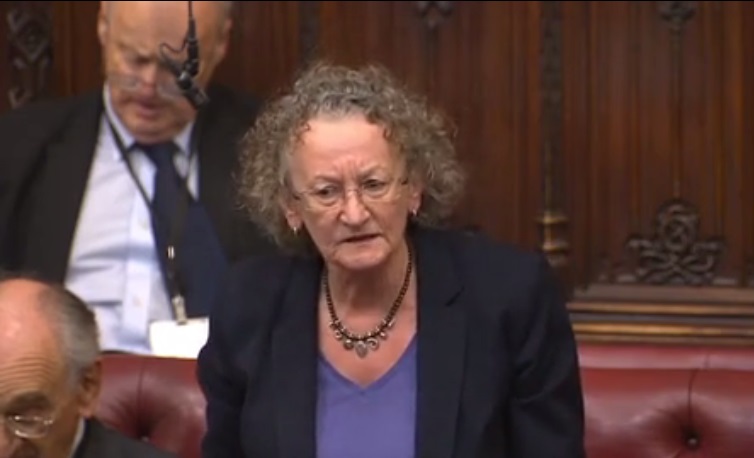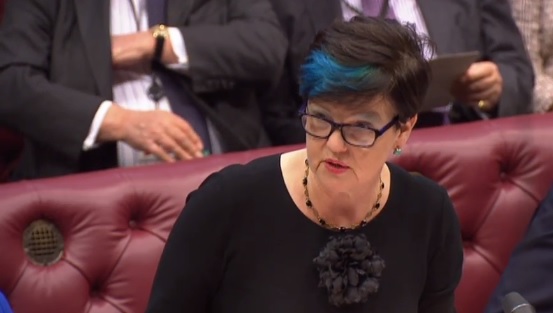
Research by the Green Party peer Jenny Jones has estimated that schools will be hit by a £1.8 million annual bill following the removal of an exemption for small solar installations scheduled for April 1.
Schools in England and Wales could face an annual bill of almost £2 million if the government goes ahead with the planned introduction of business rates on small solar installations, according to the Green Party.
Jenny Jones, the party’s member of the House of Lords, obtained information through Freedom of Information requests from 74 education authorities, responsible for 821 schools with almost 14MW of installed solar capacity.
The Greens have argued that when scaled up to all 174 education authorities, the proposed removal of the exemption for non-domestic solar installations below 50kWp would result in a total business rates bill in the region of £1.8 million per year.
Jones said: “It's utterly absurd to penalise schools for investing in solar panels. Schools obviously face bigger financial challenges than this, but the business rate charges will stop any plans for more solar panels. Schools I have visited see them as a triple investment – in their energy costs, their pupils' education, and their future.
“My research shows there is huge scope for schools to install more solar panels. While some schools have installed panels on most of their buildings, many currently have few or none at all. The government should ditch these plans to charge rates on small solar installations and support more schools to join the clean energy revolution.”
Opposition to the Valuation Office Agency’s revaluation of business rates has raged since last summer when the Solar Trade Association (STA) revealed the upcoming changes following weeks of discussion with government.
While rises of up to 800% have been scheduled for 1 April across businesses with solar installations, how the rates are applied to schools has proved to be particularly divisive.
Those with charitable status, such as private schools and academies, are to remain exempt from the business rates revaluation despite previous energy minister Baroness Neville-Rolfe stating work was underway to address this ‘curiosity’ of the system.
However, the Department of Business, Energy and Industrial Strategy (BEIS) refused to release any evidence of this work following FoI requests from Solar Power Portal sent earlier this year.

Baroness Neville-Rolfe claimed in October 2016 that BEIS was looking to address the differences in how business rates are applied to solar schools, but the department has refused to provide any evidence to support this.
BEIS did so on the grounds that, despite holding information within scope of the request and acknowledging the public interest in releasing such information, to do so would affect “the ability of officials to continue free and frank discussions about these issues”.
SPP’s request was also refused due to an exemption from FoIs for ministerial communications and disclosure of internal communications regarding environmental information from a public authority.
It therefore remains unclear what work, if any, was conducted on the issue following the Baroness’ comments to the House of Lords in October 2016.
The issue is expected to come to a head tomorrow when Philip Hammond will deliver his maiden budget. Opposition from all sides has rallied around the issue in recent months, either from inside the Commons or a range of members of the business community, including the Federation of Small Businesses and more than 160 NGOs, public institutions and businesses.
A Greenpeace petition with over 200,000 signatures was delivered to the Treasury last week by the STA, with the help of pupils from Eleanor Palmer Primary school in Camden, London. It calls for the government to urgently rethink its plans to introduce “huge new business rate taxes” on solar, and all eyes will be on Hammond tomorrow when he steps up to the despatch box.
